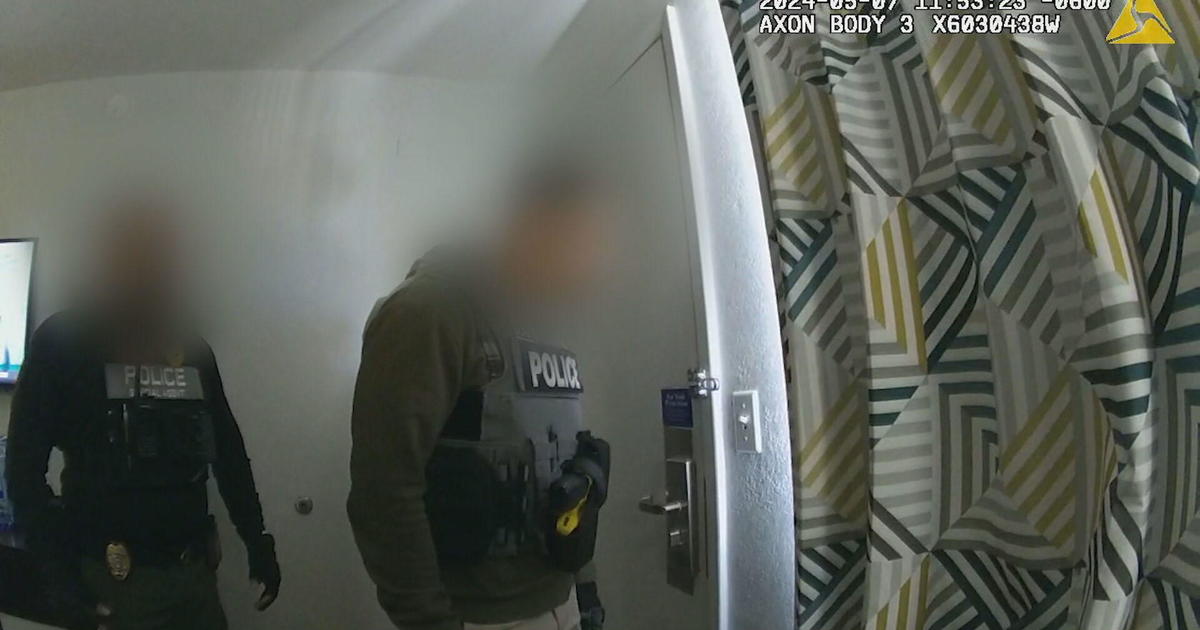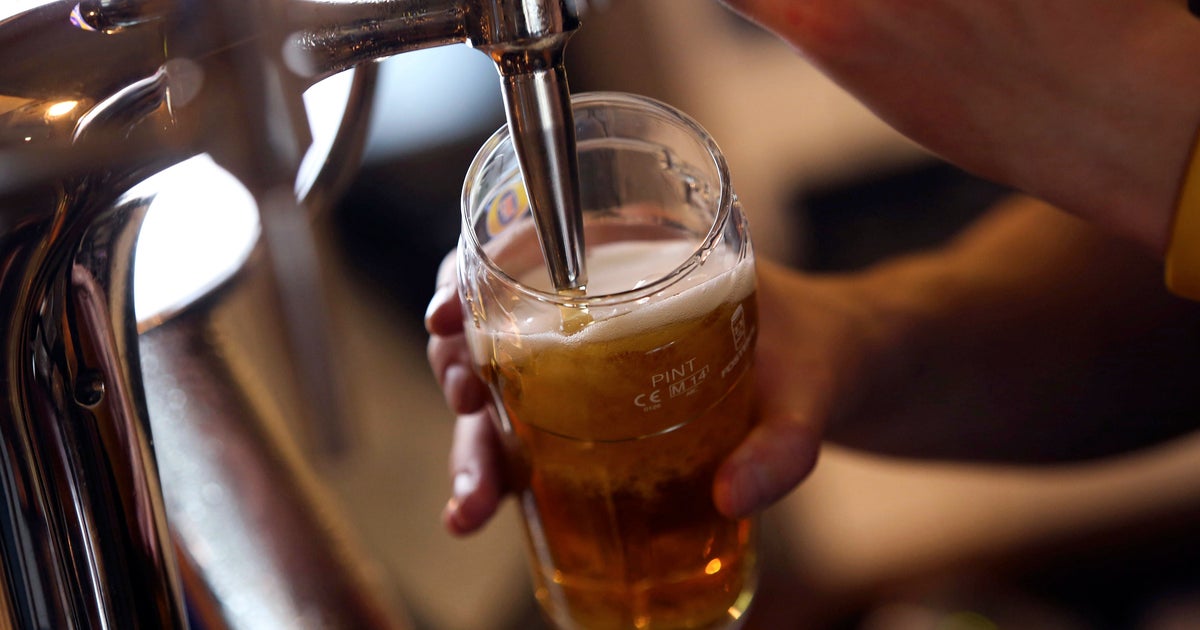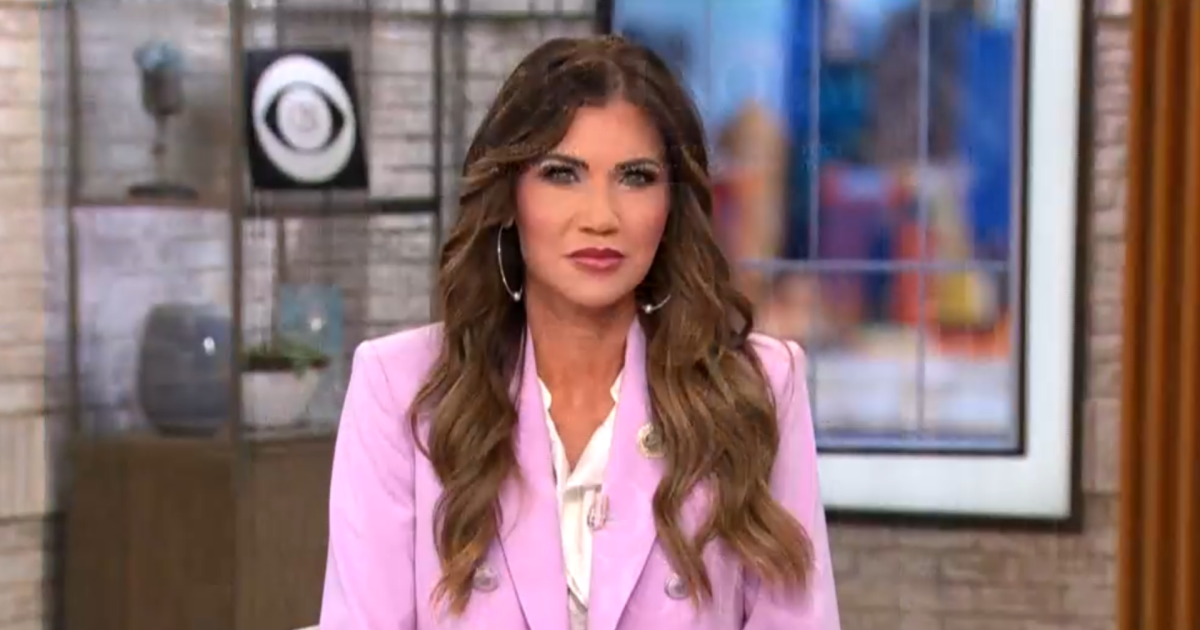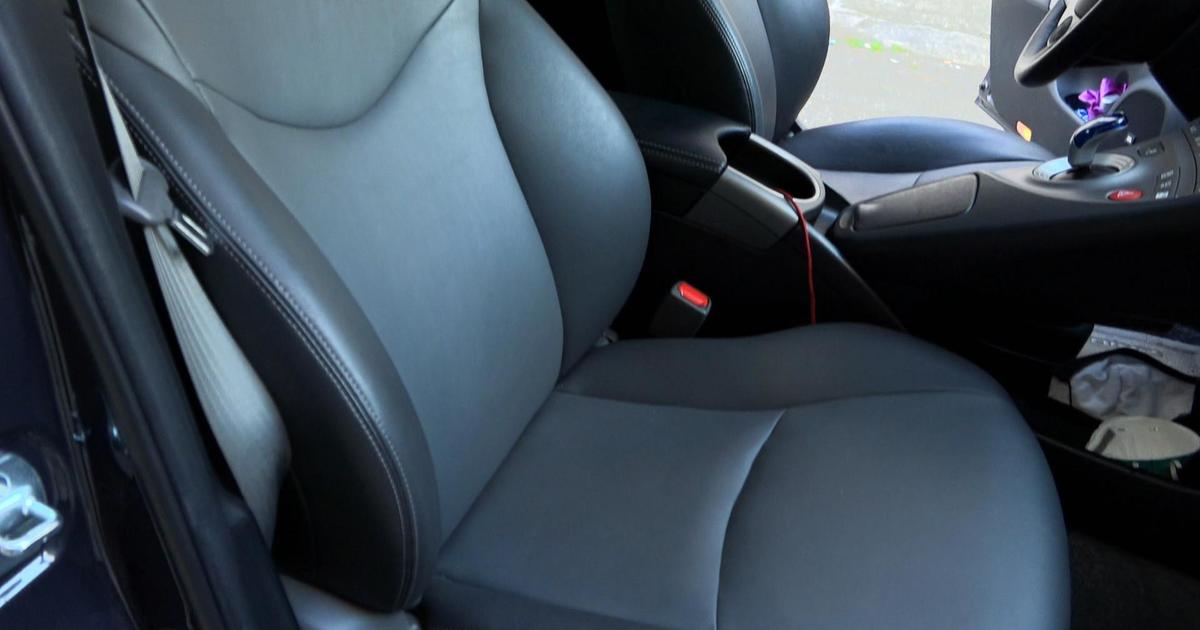The complications of copyrighting dance moves
When rapper 2 Milly's dance the "Milly Rock" went viral, he said he never thought about copyrighting it. Seeing people copy the moves and share their own videos of it, to him, felt like "love."
What he didn't love was when fans starting messaging him to say a popular online video game was making money off his moves.
"They was all going crazy like, 'Yo Fornite stole your dance,'" he told CBS News' Christina Ruffini. "And then some other people would go, blatantly, 'You have to sue Fortnite,' and I'm like, 'What is Fortnite?'"
Fortnite is a free online game with 125 million players. It's creator, Epic, makes money through in-game add-ons, including short dances players can pay to use, including one called Swipe It, which Milly called "my moves."
But Epic said its avatars can dance if they want to because Milly's moves – and those of the five other artists trying to sue the company – are too simple to trademark.
"What are the parameters for copyrighting choreography?" Ruffini asked attorney David Hecht, who represents the plaintiffs.
"None of those boundaries have ever been defined by the court," Hecht said. "So there's this inherent lack of any kind of fixed line or any kind of definite answer to your question."
Choreographers and performers have danced around this issue for more than a century. In 1892, Loie Fuller was denied a trademark for her famous "serpentine routine" because back then, the law only protected works that told a story.
Then came the modern dance movement. In the 1970s, copyright expanded to cover abstract and non-narrative movement. But like a lot of today's viral artists, many dancers never bothered to register their work.
"In the early days, it wasn't about that," said LaRue Allen, the director of the Martha Graham Dance Company. "It was about experimenting, it was about getting your work out there."
When the company's founder died in the early 90s, the company found itself at the center of a landmark lawsuit with the heir to her estate.
"We were told by the heir that we couldn't perform her work or teach her technique," Allen said.
The Martha Graham Dance Company could no longer use her name or teach any of her techniques. They company shut down for a brief period of time.
Each of Graham's 181 works had to be litigated individually. Eventually, the company regained the right to perform almost all of the dances, but Graham's technique, the stylized individual steps and movements she created, could not be copyrighted.
Now the courts will have to decide if the Milly Rock and other viral dances are considered basic steps, like a style or technique, or protected intellectual property. Win or lose, 2 Milly hopes the publicity will help other artists learn from his mistake.
"People will be more aware. People like, 'Oh, we just created that? It went viral today? Well we gonna copyright this tomorrow. Nobody's gonna be able to steal this,'" he said.
It's something he wish he'd done.



